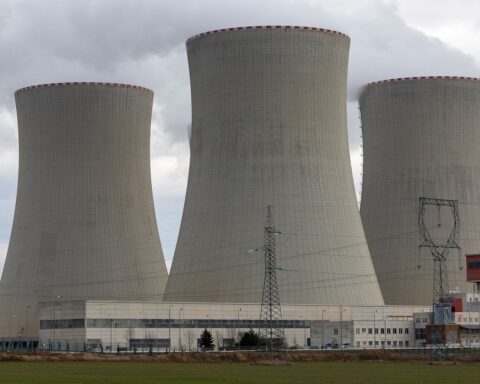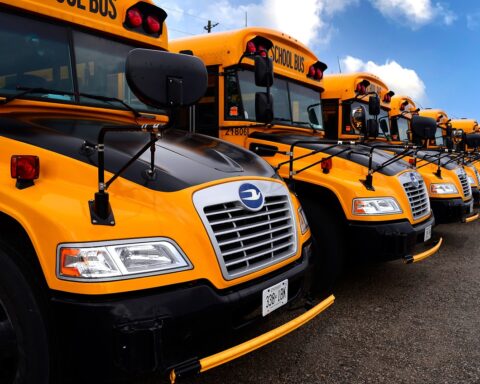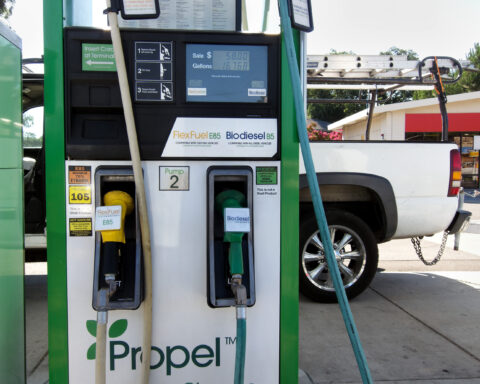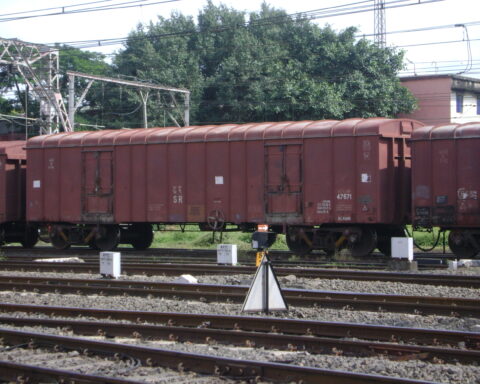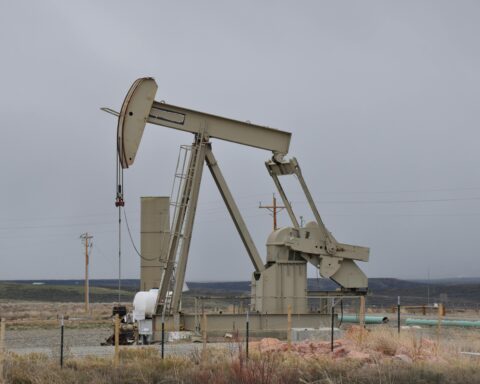The U.S. Environmental Protection Agency (EPA) has announced grant awards of more than $300 million to help states, tribal nations, local governments and nonprofits assess and clean up polluted brownfield sites.
The awards, available through EPA’s Brownfields Multipurpose, Assessment, and Cleanup (MAC) Grant Programs and Revolving Loan Fund (RLF) Grant Programs, will help turn previously polluted, vacant and abandoned properties into community assets while boosting local economies.
The MAC grants total $231 million and cover 181 projects in 178 communities. Another $68 million in supplementary funding will support 31 established RLF Grant Programs. Separately, Grow America is set to receive $3 million to provide technical assistance that focuses on the unique complexities of the RLF program.
EPA Administrator Michael S. Regan announced the awards at a brownfield site in Philadelphia near Bartram’s Mile.
The site was an oil terminal for more than six decades and is contaminated with petroleum and other semi-volatile organic compounds. The City of Philadelphia has been reclaiming brownfield sites along Bartram’s Mile, creating a community hub with trails for hiking and biking, fishing areas, and spaces for gardening and farming.
Monday’s announcement highlighted three projects included in this round of funding:
- The Bay Mills Indian Community in Chippewa County, Michigan, has grappled with significant soil and groundwater contamination stemming from asbestos and lead paint. Previous funding turned a former brownfield site into a recreational venue featuring docks for kayaking and canoeing. This year’s award will address another nearby brownfield. The site was sullied by dry-cleaning solvents and is now being transformed into a community center.
- Dallas is revitalizing several of the city’s most neglected neighborhoods. In Joppa, a community in South Dallas established by former slaves post-Civil War, funds are being used to refurbish the former Melissa Pierce School into a community center. Dallas will receive an additional grant this year to redevelop affordable housing properties.
- The City of Milwaukee is using grants to turn brownfields into affordable housing. The city expects to obtain fresh loans this year for several projects, including restoring a long-underutilized factory into a 576-unit apartment complex at the north end of Bay View, an area that has been historically neglected. A quarter of these apartments are designated specifically for senior citizens.
The Brownfields Program is part of the fedearl Justice40 Initiative, which aims to ensure that 40% of the overall benefits of specific federal investments reach areas burdened by pollution and underinvestment. More than 80% of the applications selected for funding under the MAC and RLF Supplemental programs focus on areas containing disadvantaged communities.
Since it was established 1995, the Brownfields Program has allocated nearly $2.7 billion in grants to evaluate and clean up contaminated properties. The program typically allocates around $60 million annually; since passage of the BIL it has risen by nearly fourfold. Much of the funding for this grant cycle — approximately $160 million — stems from the legislation, and the increased funding has raised the limits for MAC grants from $500,000 to $5 million per award.





